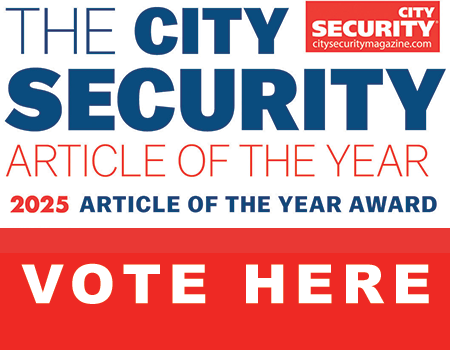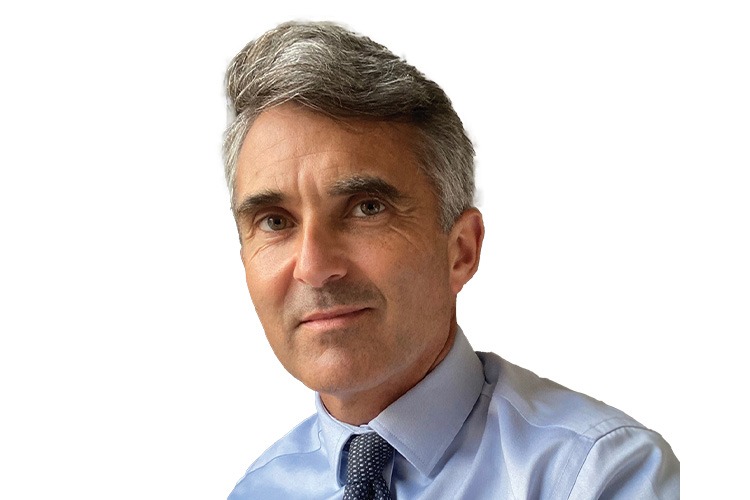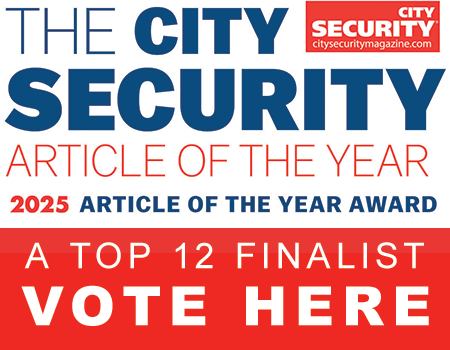Focus on a Chartered Security Professional Charles Curry, Head of Security, Home Office
On our ongoing series of articles featuring Chartered Security Professionals, we interviewed Charles Curry CSyP, Head of Security at the Home Office, to learn more about his background, training and his career in security.
How did you initially get into the security profession?
I served as an infantry officer for 17 years, and then after a brief foray into banking came back into government as an overseas security adviser for the UK Stabilisation Unit. This gave me a great introduction to security trade-offs for non-standard deployments in high-risk locations, and a privileged view of the great work done by commercial and NGO partners in tricky situations across the world. It was also the perfect mix of Whitehall and work on the ground – I was travelling once a month and have a bunch of stamps in my passport that I wouldn’t otherwise have.
Unfortunately, it wasn’t very compatible with family life, so in the end I settled into more conventional desk jobs, firstly as the head of security for the (then) Department of Business and Energy and more recently for the Home Office. In the latter role I’ve also been lucky enough to pull together and run the government’s Protective Security Centre, which provides security advice and services across government.
What training and qualifications helped you develop your career?
Lots! The Army taught me how to think clearly and cut through the complexity of a problem to identify the key essentials (and a little bit about personal resilience and working under pressure).
My time at Barclays gave me the fundamentals of agile programme management and the ability to work through layers of corporate governance – and I still bring elements of my Scrum training there to my current role. I’d also strongly recommend keeping up more academic studies.
Over the years I’ve studied first for a postgraduate certificate in Conflict & Development and then an MSc in Psychology. They’ve forced me to think broadly, and I think that success in government security is as much about the ability to get things done as it is about specialist security knowledge.
Are there any individuals who have mentored or supported you?
More than I can count! I’ve learned from everyone I’ve worked with. I’m particularly grateful to all those who gave up time and energy to help a rather nervous ex-army officer with his transition into civilian life ten years ago; I try and pay that help forward by mentoring others leaving the services and police (and normally learn more from them than they get from me).
What made you decide to apply for the Register of Chartered Security Professionals?
Partly peer pressure from colleagues in government who’d already been through the process and told me that I should too. But also the opportunity to be part of and learn from an incredible pool of professionals with widely-varying experience.
How has being chartered helped your career?
Possibly too early to say… I was only accepted a few weeks ago! But it will undoubtedly help me to access best practice and learn from colleagues across industry, academia, and the public sector
What would you say to others considering applying?
Do it! The application process and interview is a great opportunity to learn from others.
For more information, please visit: www.charteredsecurityprofessional.org




